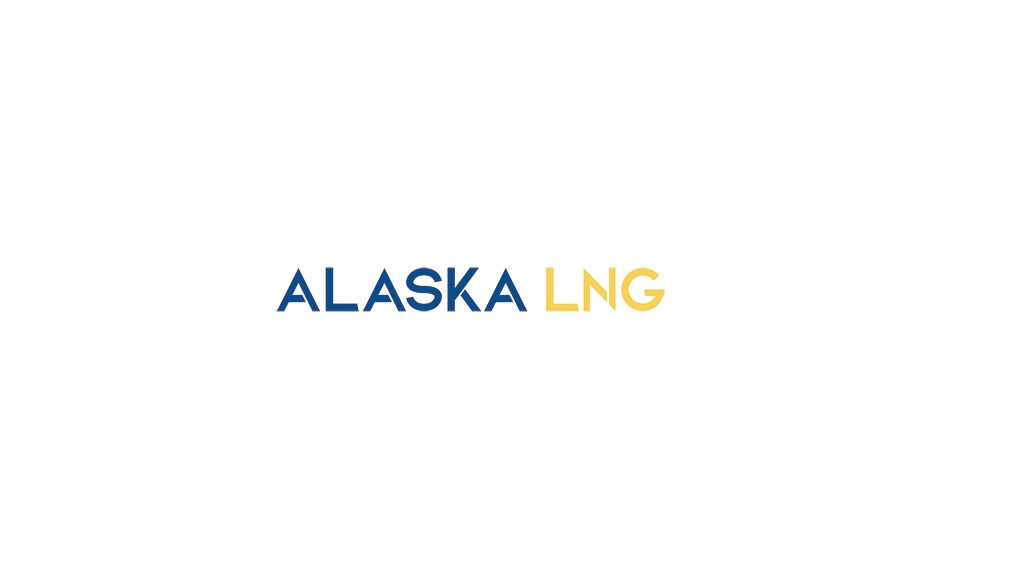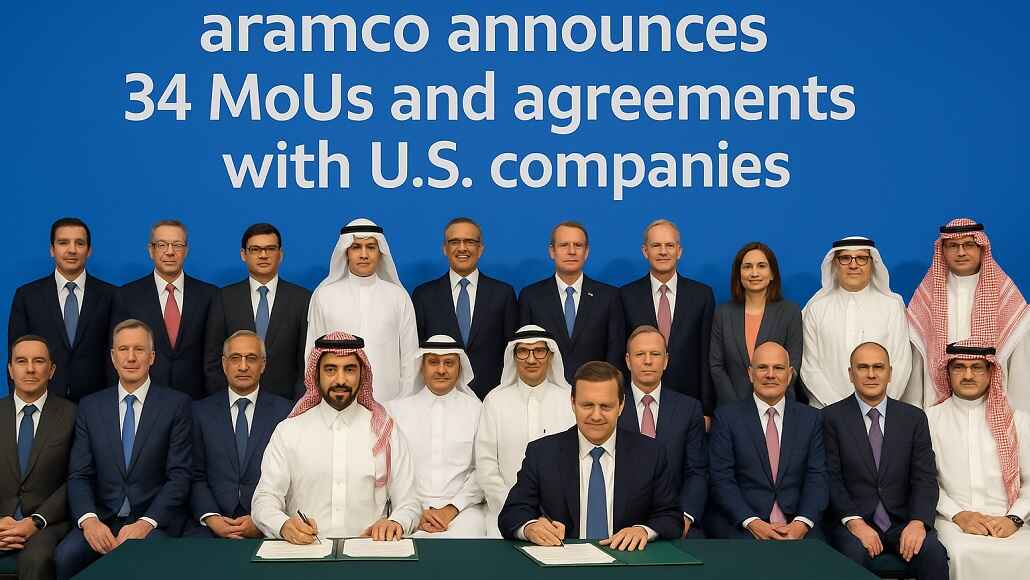The oil markets went on to take another hit in the week ending May 3 as OPEC+ took everyone by surprise. In one of the virtual meetings, which was conducted on May 3, the group’s top producers, mainly Russia and Saudi Arabia, went on a 411,000 barrel per day output hike for the forthcoming month of June, which is almost triple of what had been originally planned. This move follows a similar surge that has been seen in May and goes on to signal a steep strategic shift from defending prices to going ahead and flooding the market. Per day oil output of Saudi Arabia & Russia has almost touched a new high now.
This kind of looks like a crackdown when it comes to quota violators when one gives it a simple glance. It is well to be noted that countries like Iraq and Kazakhstan have consistently overproduced despite the OPEC+ curbs. Interestingly, Kazakhstan alone overshot its March limit by a phenomenal 422,000 barrels per day by hitting a record of almost 2 million barrels per day. Due to the enforcement efforts, which have now failed, Saudi Arabia is now letting the prices do the talking.
For someone like Saudi Arabia, which needs oil at more than $90 to balance its budgets, this kind of move looks pretty bold, and for that matter, even reckless. However, Riyadh may be betting big on the fact that short-term pain always leads to long-term success. Lower prices can even let them reclaim the lost ground in terms of the market share and put pressure on certain high-cost producers such as US shale. Per day oil output of Saudi Arabia is increasingly witnessing the spike which will be consistent for some time now.
This can also be seen as a preemptive strike ahead of any kind of lifting of sanctions on Iran as well as Venezuela. If this happens, both the countries would bring more oil into an already oversupplied space.
The fact is that oil bulls are now throwing in the towel. Notably, Standard Chartered decreased its 2025 Brent forecast by almost $16 to $61 per barrel, citing that there are tariff escalations as well as OPEC+ shifts. On the other hand, JPMorgan as well as Goldman Sachs have likewise lowered the prices as well as growth expectations and even warned of an elevated risk when it comes to recession.
Interestingly, Saudi Arabia isn’t just reacting, but it is adapting. It is trading short-term revenue when it comes to its strategic positioning. It is a kind of recalibration and, of course, not a war cry. If all of this takes place consistently, it could very well change the market for the times to come.

























